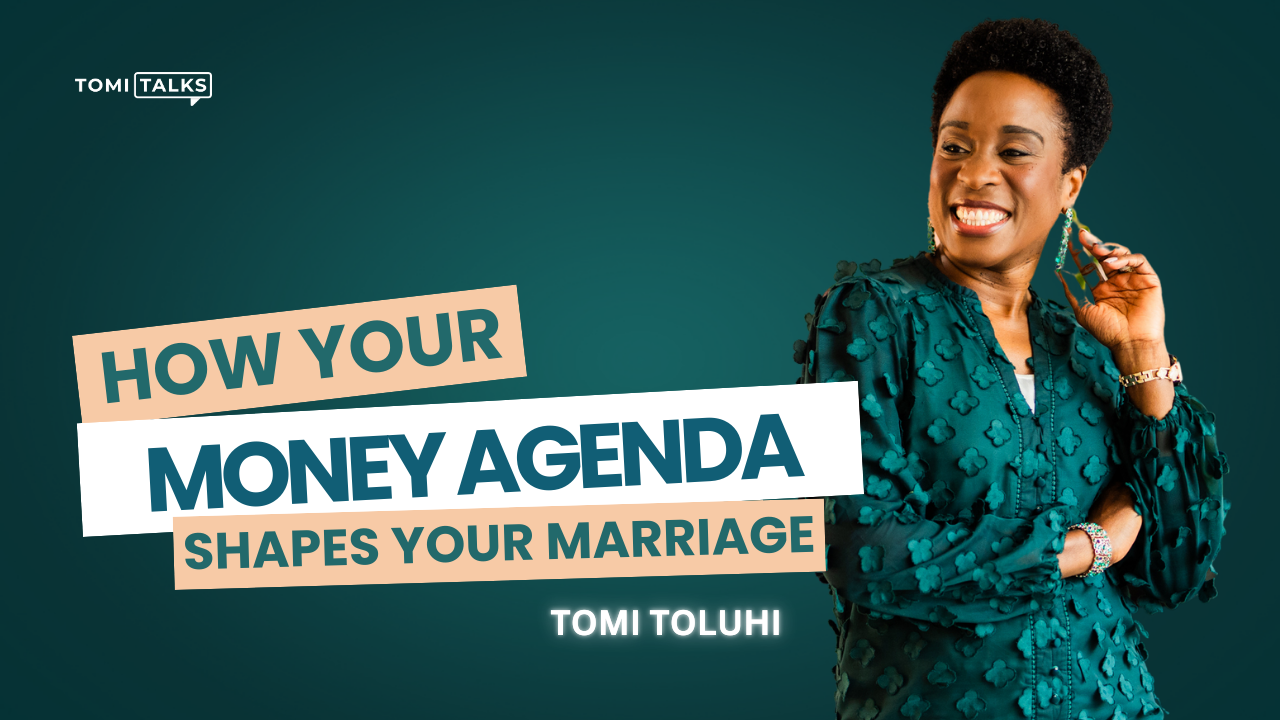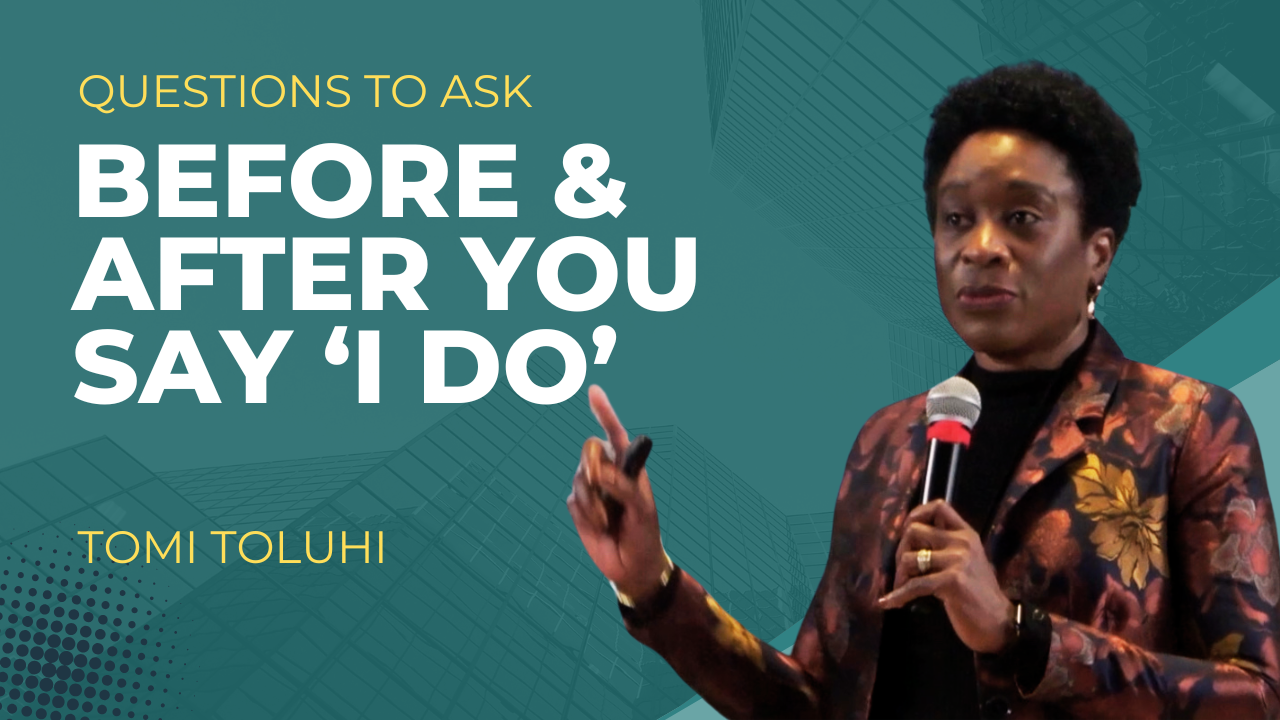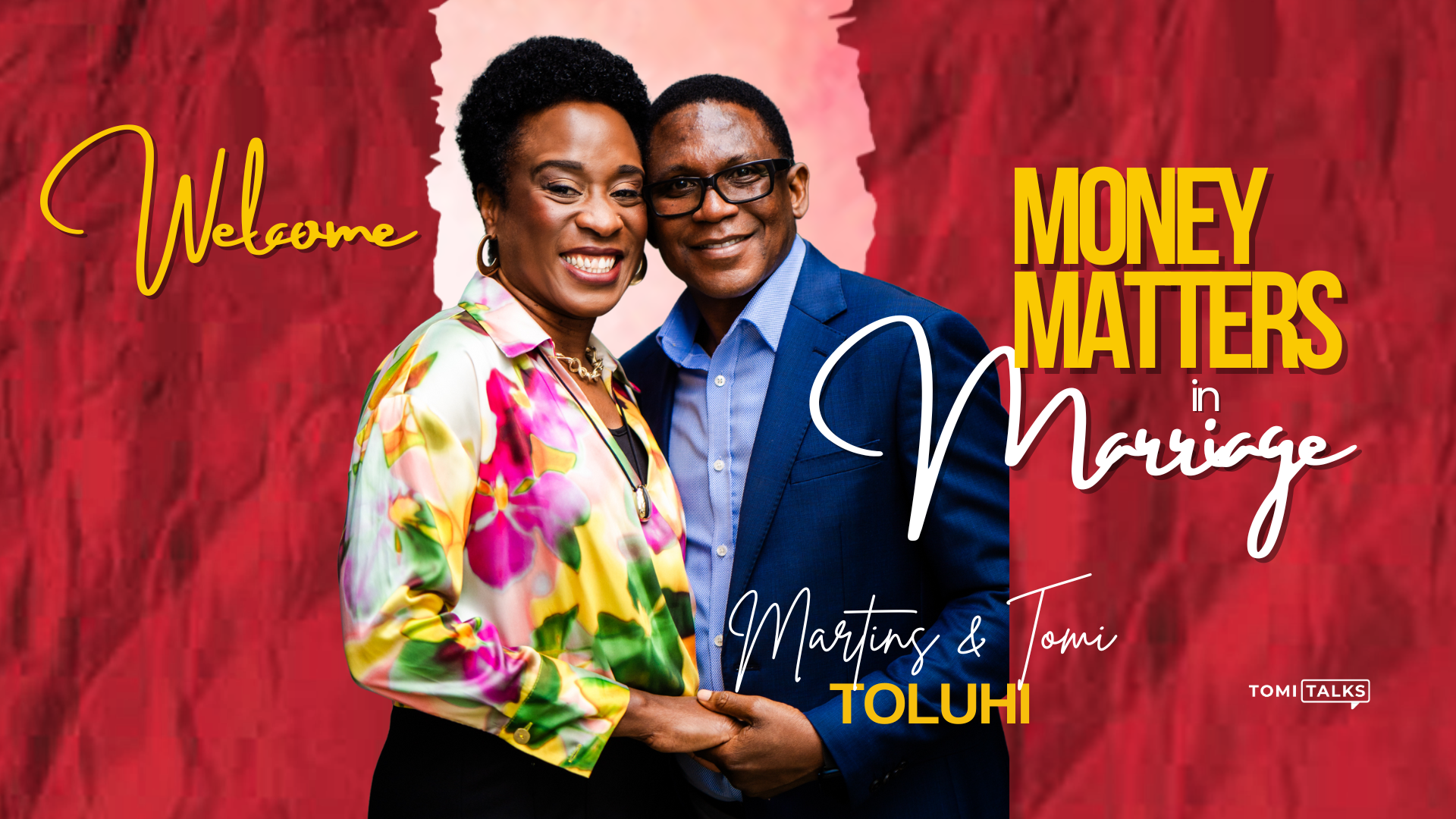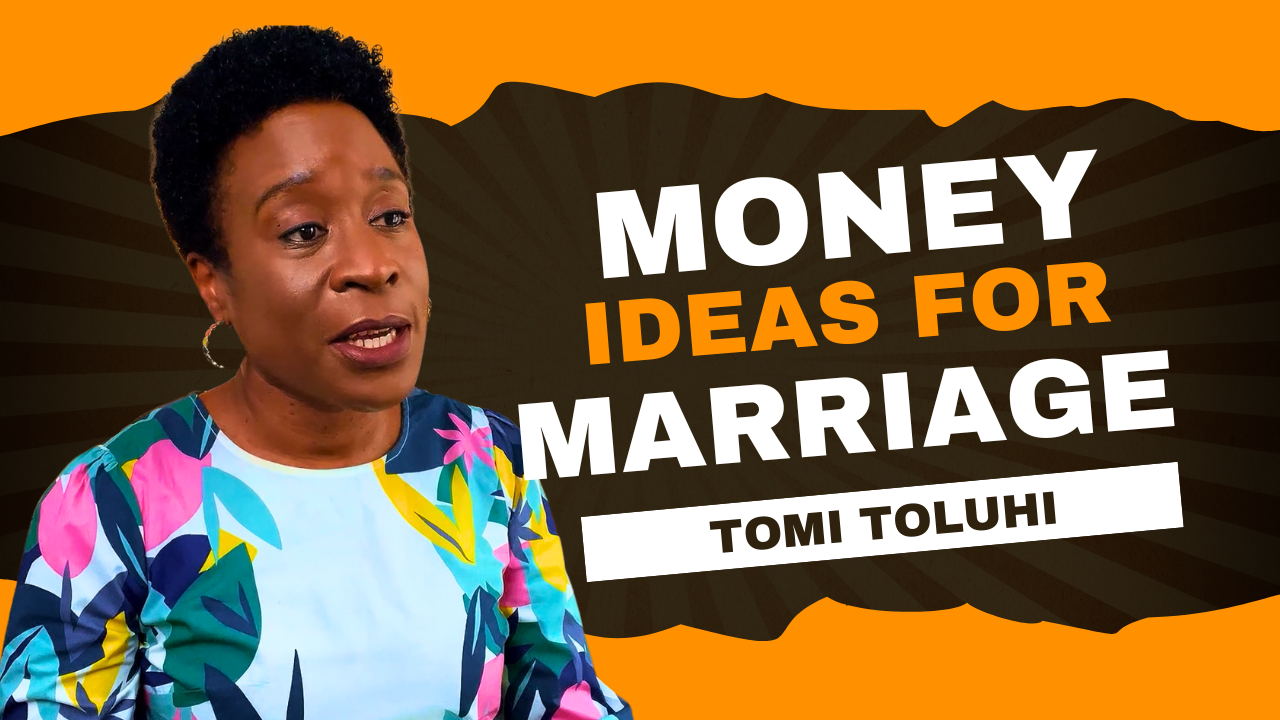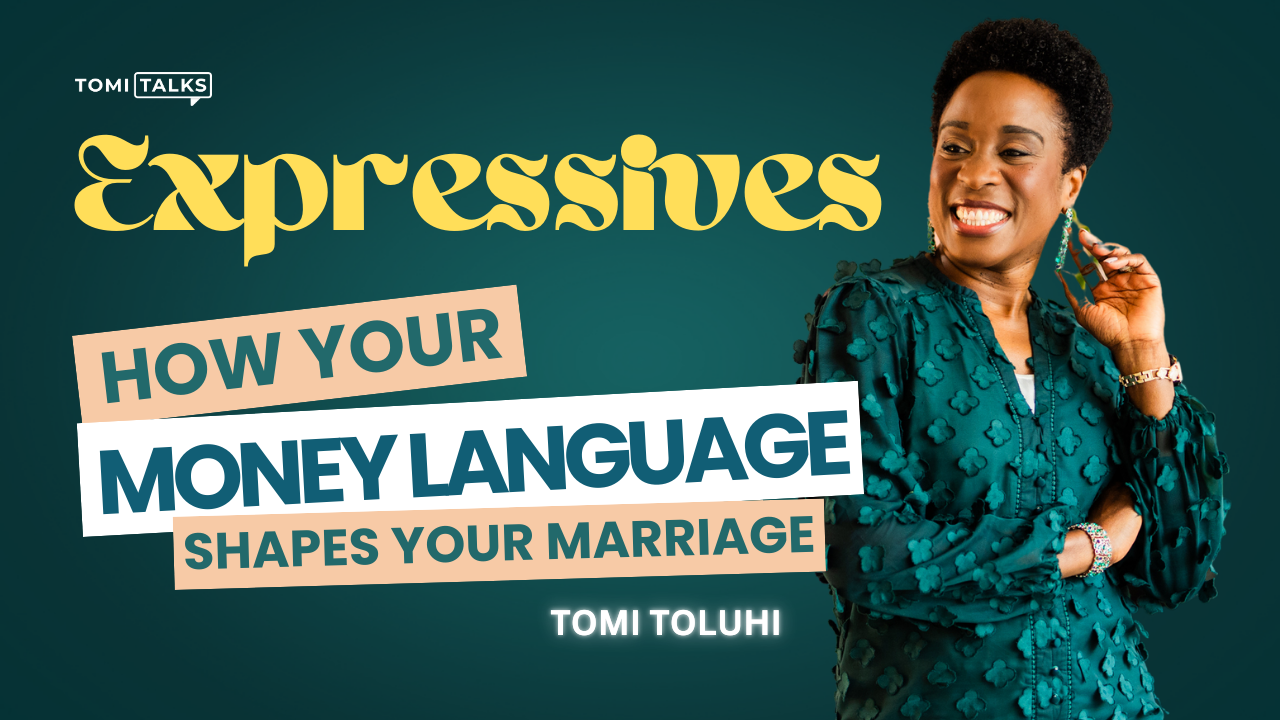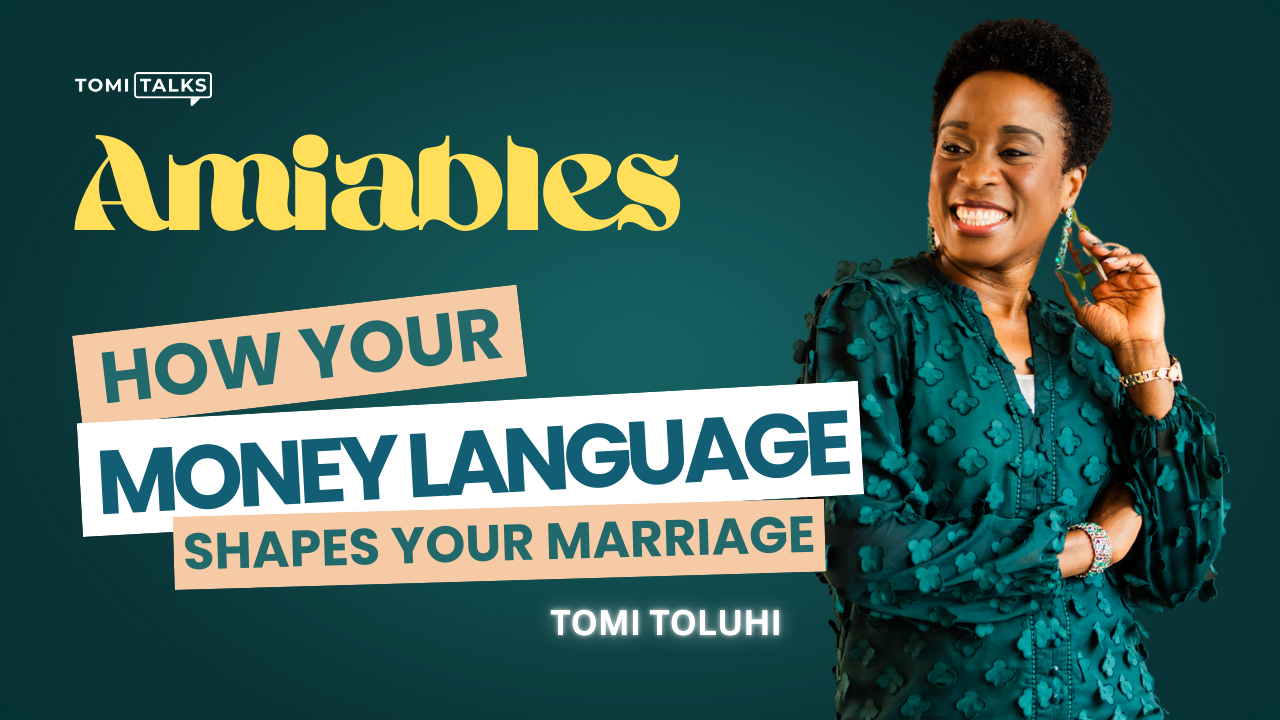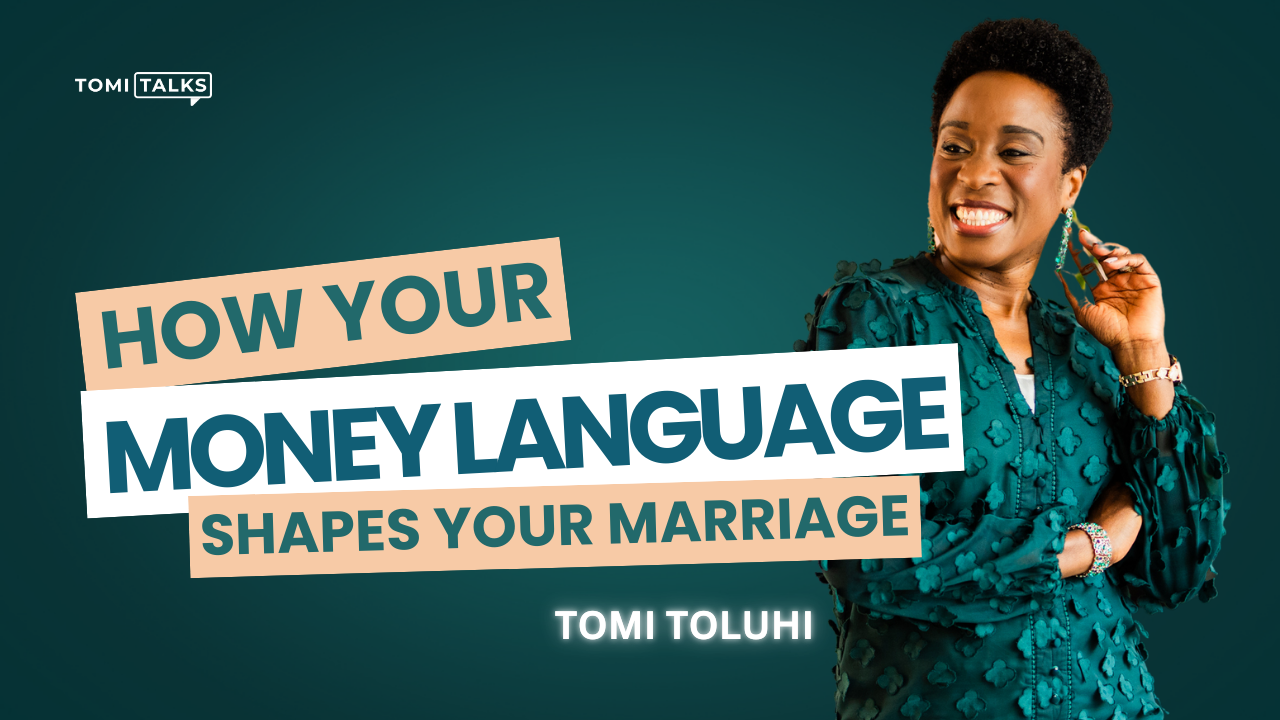How to forgive when it still hurts

Forgiveness is something we all need to practice at some stage in our lives. It’s never really easy and sometimes the wounds go so deep that it is difficult to imagine actually forgiving that person. Forgiveness can be even more difficult if the offender is someone close to you whom you feel should have known better. When someone whom you trust hurts you badly, how do you begin to recover from that? In order to push past the pain of an offense, you need to settle in your heart that unforgiveness is not an option for you. Regardless of how difficult forgiving is, the disadvantages of unforgiveness far outweigh the satisfaction you might derive from holding on to a grudge. It has been rightly said that unforgiveness is like taking poison and hoping your enemy will die. Forgiveness benefits you more than the other person. If you don’t forgive, you continue to hurt yourself, and sometimes innocent people who have nothing to do with the original offense. To be able to forgive, we need to be clear about what forgiveness is and what it is not.
Forgiving is a decision, not a feeling
You don’t need to feel forgiving to forgive. If you wait for your feelings of hurt to subside before you forgive someone, it will probably never happen. People sometimes talk about waiting until they have come to the point in their hearts where they feel they can forgive. While this all sounds very plausible, in reality, a decision to forgive comes first. You need to make up your mind to forgive the person who has offended you and your feelings will catch up with your decision later. Forgiveness does not mean you will no longer feel anything about that situation. To a certain extent, forgiveness is as much a process as it is a one-off decision. Even after you have made the choice to forgive, experiencing healing is more often a process than an immediate occurrence. Flashbacks of that situation may cause you to feel the pain over again but as you continue to hand the pain back to God each time that happens, you are giving Him the opportunity to heal your heart and restore you to wholeness.
Forgiving is not the same as forgetting
Forgiveness does not mean forgetting the incident and forgetting is not a prerequisite for forgiving. In fact, very often we learn valuable lessons from the most difficult situations in our lives which we do well not to forget. The fact that you cannot forget the incident does not mean that you are unable to forgive. You just need to come to terms with what has happened and find a sense of resolution in that. While you will still recollect what happened, even after forgiving, you will no longer be bound by it, and you will no longer feel the need to constantly remind the person of their offence. You will also have learned valuable lessons like what you need to do in future to strengthen your boundaries or get your needs met in a more productive way so that you don’t face the same sort of situation again.
Forgiving does not mean condoning
Forgiveness does not mean excusing or condoning bad behaviour. Sometimes, the thought of letting someone get away with what they have done is the biggest hurdle people face when trying to forgive. When we face injustice, we want to be vindicated and compensated. We feel that if we forgive the person who hurt us, we are giving them licence to continue to take advantage of us rather than taking responsibility for the wrong they have done. We wish we could make them pay us back for what they did. However, we need to come to terms with the fact that only God can pay us back. He is the only one who can compensate us for what we have lost, heal us, and restore us when we forgive as He expects us to. This does not mean that we should continue to leave ourselves open to hurt. In some situations, it might be appropriate to redefine the terms of the relationship, for instance if it is a friendship or a work situation where the person involved refuses to alter their approach. Even in a marriage situation, forgiveness does not mean that work does not need to be done to address the issues that created the hurt and restore the relationship to a healthy footing. It just means that you are prepared to provide an enabling environment for that to happen.
Forgiveness does not depend on the other person recognising their fault
It is always easier to forgive when the other person acknowledges that they have wronged you, but what if they don’t? What if they refuse to acknowledge the hurt they have caused you, or worse still if they delight in your pain? Does that excuse us from forgiving? We can take an example from our Lord, Jesus, who actively forgave the perpetrators as they nailed Him to the cross. Sometimes, the offender may not even be around to see the damage they have done, so what do you do then? Sometimes people hold on to hurts caused by deceased parents, departed partners or even a total stranger who violated them for some unknown reason. In difficult situations like this, turn to God and express your pain, asking Him to give you grace to forgive. Take comfort from the fact that He feels your pain and He is able to restore your broken heart. God understands when we struggle to forgive and He offers grace. Speaking about Jesus, Hebrews 4:15-16 states ‘We don’t have a priest who is out of touch with our reality. He’s been through weakness and testing, experienced it all—all but the sin. So let’s walk right up to him and get what he is so ready to give. Take the mercy, accept the help.’
Forgiveness is a sign of humility and brings us in touch with our own fallibility
Forgiveness does not mean you are being stupid as some people will have you think; it means that you are smart enough to know that you also are in need of forgiveness. Whoever hurt you is a flawed human being, just as you are. When we forgive, we acknowledge that we are not infallible and that we are as much in need of forgiveness as our offender is. When we willfully refuse to forgive we set ourselves up as judge over that person, usurping the role of God. The greatest disadvantage of unforgiveness is that it places a wedge between us and God. We all require God’s forgiveness and, as a pre-condition to God’s forgiveness, He requires that we extend forgiveness to others. He knows that we will get hurt but He also knows that we have the capacity to forgive because He gave us that capacity. Even if that person has hurt you repeatedly, Jesus makes it clear in Matthew 18:21-22 that you have the capacity to forgive 70×7 times. The obvious upshot of that command is that it is practically impossible to record the wrongs someone has done you to that degree. I pray that God will give you the largeness of heart to let go of every hurt and experience the liberty that comes from living a life free from offense.
How have you found grace to forgive in difficult situations? Please share your thoughts with me by leaving a comment on Facebook.
